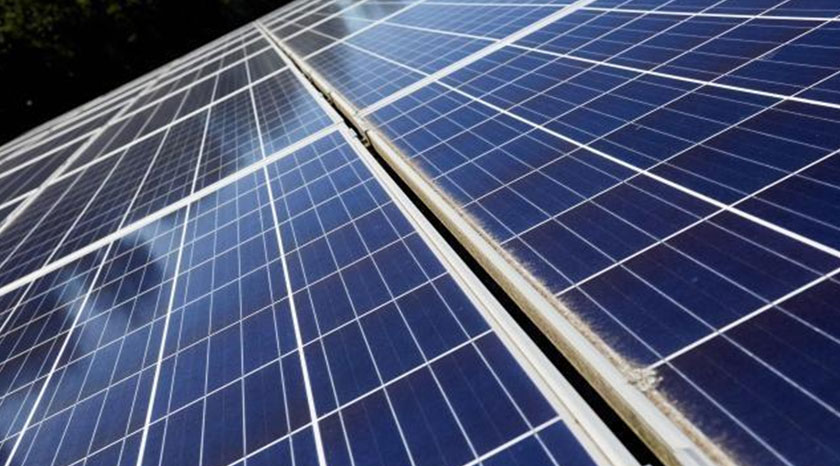About Futisnow
Futisnow is a UK-based non-profit organization dedicated to advancing green energy awareness and adoption. Through innovation, collaboration and investments, we empower individuals and businesses to embrace sustainable living.
To create a future where clean energy is accessible, affordable, and a part of everyday life. A world where renewable resources fuel our homes, power our industries, and preserve our planet for generations to come.

- Sustainability
- Responsibility
- Innovation
- Sustainability
- Responsibility
- Innovation
Sources of Green Energy
Natural, renewable resources that generate clean and sustainable energy with little to no harmful environmental impact.
Solar Power
Radiant energy emitted by the sun can be harnessed and converted into usable forms of power, such as electricity and heat.
Wind Power
Wind energy is the process of converting the kinetic energy from moving air into electricity using wind turbines.
Hydroelectric Energy
The generation of electricity by harnessing the energy of flowing or falling water, typically using dams or turbines.
Geothermal Energy
Geothermal energy is the heat generated from within the Earth, harnessed to produce electricity or provide direct heating through steam or hot water from underground reservoirs.
Biomass
Biomass energy is produced by burning organic materials like wood, crop waste, and animal manure to generate heat, electricity, or biofuels.
Nuclear Energy
Nuclear energy has environmental benefits but doesn’t fully meet the criteria of green energy, sparking ongoing debate over its classification.
Solar Power
Radiant energy emitted by the sun can be harnessed and converted into usable forms of power, such as electricity and heat.
Wind Power
Wind energy is the process of converting the kinetic energy from moving air into electricity using wind turbines.
Hydroelectric Energy
The generation of electricity by harnessing the energy of flowing or falling water, typically using dams or turbines.
Geothermal Energy
Geothermal energy is the heat generated from within the Earth, harnessed to produce electricity or provide direct heating through steam or hot water from underground reservoirs.
Biomass
Biomass energy is produced by burning organic materials like wood, crop waste, and animal manure to generate heat, electricity, or biofuels.
Nuclear Energy
Nuclear energy has environmental benefits but doesn’t fully meet the criteria of green energy, sparking ongoing debate over its classification.
Take Action With Futisnow
Preserve your legacy to your customers, employees, and community by partnering with us on an acquisition.
